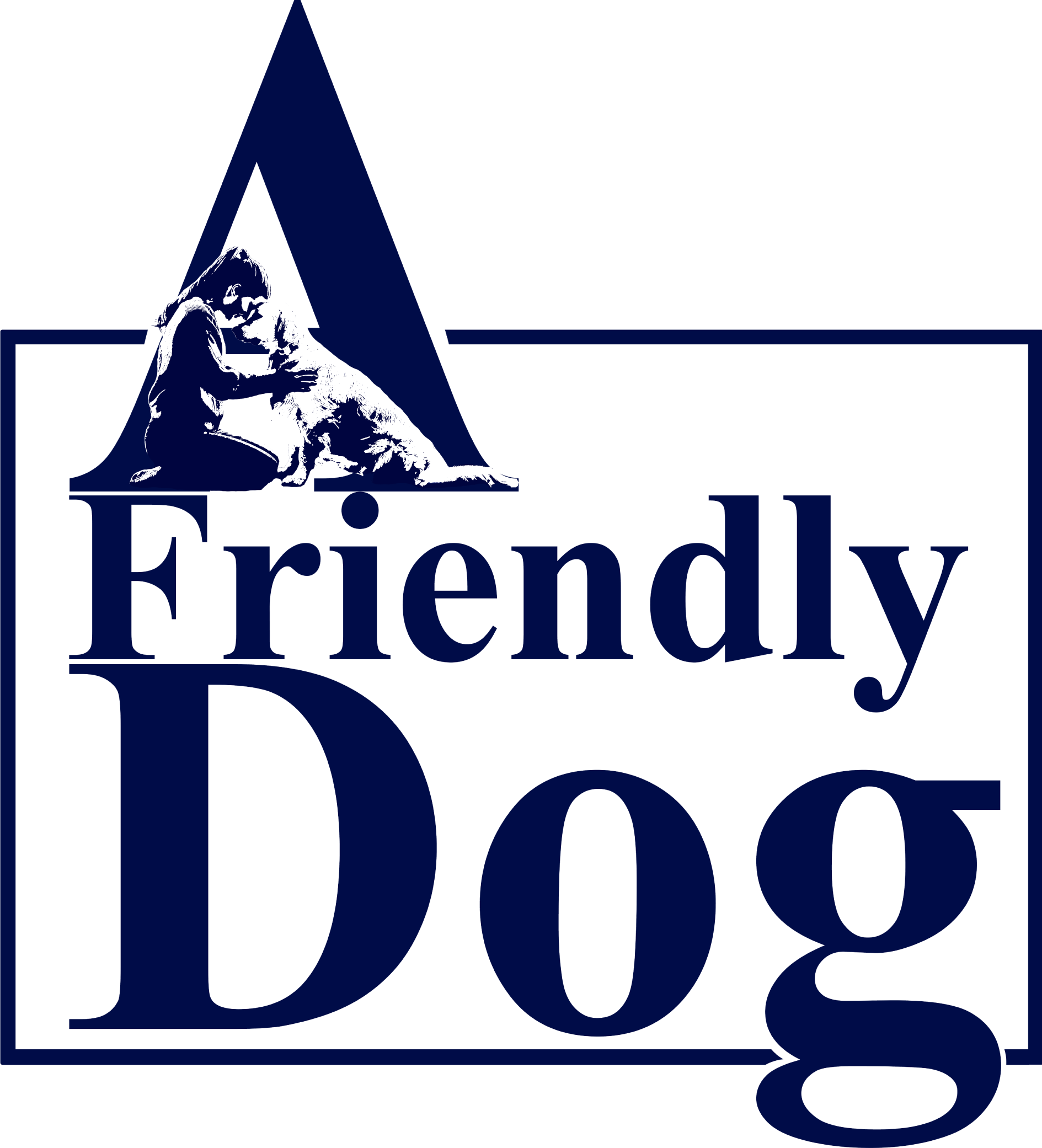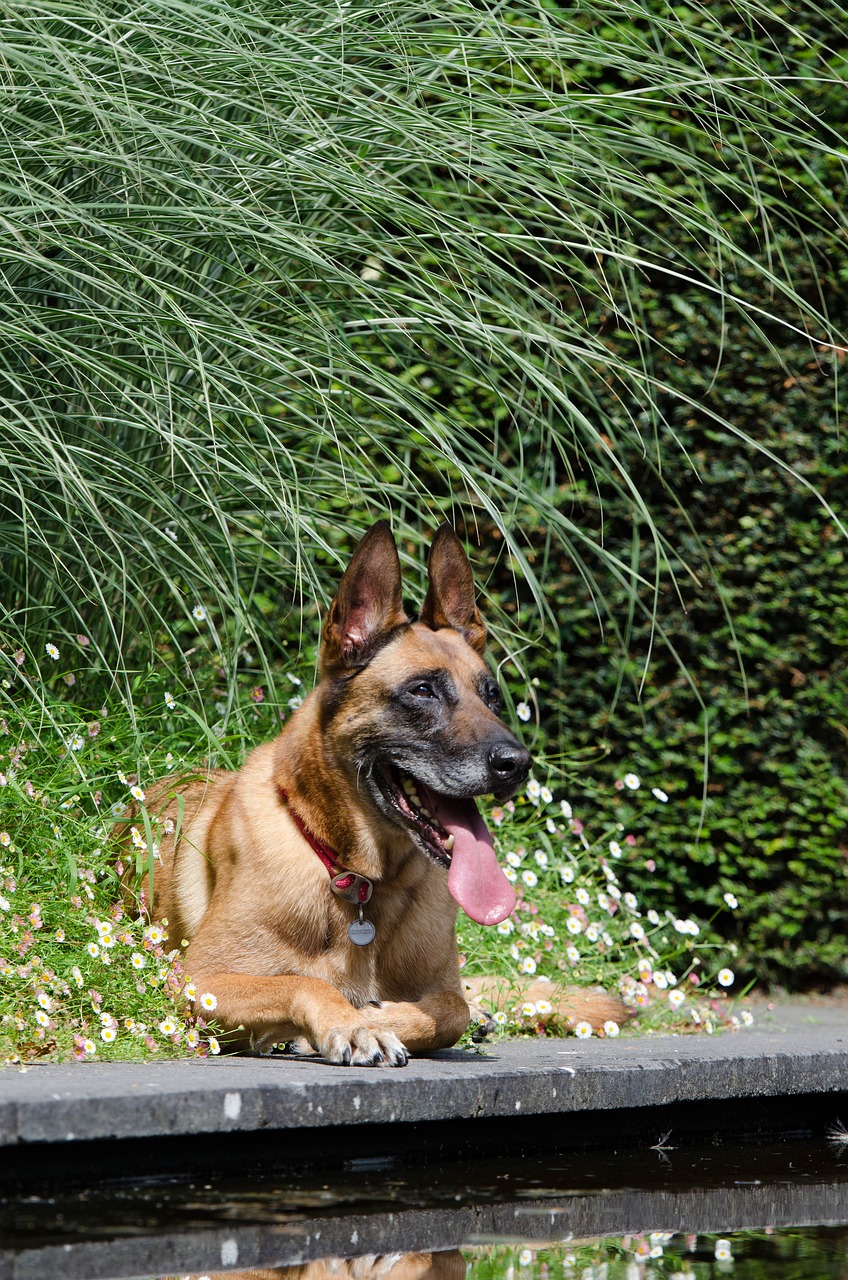Social deprivation can have various effects on dogs, both physically and emotionally. When dogs are isolated or lack social bonding, they may experience severe distress, which can lead to a depression of their immune system, making them more susceptible to illnesses. Additionally, loneliness can cause dogs to neglect their basic needs, such as eating and drinking properly, even when provided with food and water. This can result in weakness and poor health.
On an emotional level, dogs also suffer when deprived of companionship with both humans and other animals. This is particularly true for puppies, as their attachment to their human family is similar to that of an animal’s attachment to their mother. When isolated, dogs may exhibit distress calls, similar to a puppy calling out for its mother.
Separation anxiety is another common emotional distress experienced by dogs in isolation, which can manifest through signs such as heavy panting, excessive drooling, house soiling, excessive vocalization, appetite suppression, and destructive behavior. In some cases, dogs may even attempt to escape their confinement, potentially causing self-injury or damage to their environment.
Furthermore, isolation can lead to mental and emotional decline, resulting in behavioral issues such as stereotypic behavior, characterized by repetitive and seemingly pointless actions like constant pacing, chewing, and licking. It’s important to recognize and address the effects of social deprivation on dogs to ensure their overall well-being.

